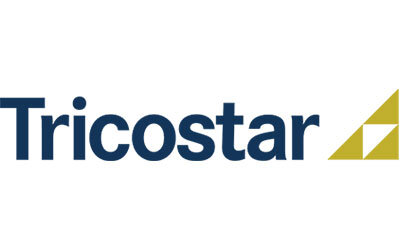How To Ensure Digital Security In Sensitive Industries
In today’s world of digital information swapping and cloud computing, data security is more important than ever before. If your business deals with sensitive information such as healthcare data or financial records, this is even more of a concern.What measures can you take to protect your customer’s privacy and what data security mistakes are most important to avoid?Following these measures can help you prevent data loss and provide the best digital security possible for you small business.
Monitor and document
No system is truly immune to hackers and cybercriminals, but you can make it more difficult for someone to break in. Putting all your systems behind a strong firewall is the basic starting point.Make sure your IT department implements the latest software updates and patches. Experts predict that 80 per cent of successful external breaches this year will come from hackers using known exploits. Keeping your network and applications patched can close a lot of these loopholes.Install data leakage prevention software on your internal network. You can set this type of program to warn you if specific types of data are accessed. Monitor for a specific bit of code, credit card numbers, or any information that would constitute a data breach to your system.Your IT department needs to keep careful logs to document system updates and their responses to questionable data or attempted security breaches. If changes are made without documentation, it can be tough to have a thorough knowledge of your data infrastructure and how all the parts interact. This lack of information may allow an opening that criminals can exploit.
Implement sensible device security
Laptops and mobile phones are vulnerable to being lost or stolen because of their portability. If you are travelling with your laptop, keep an eye on it at all times in airports, taxis, etc. If you need to leave a laptop in your vehicle, lock it in the trunk out of sight of thieves.Mobile phones and laptops should be digitally encrypted, so that if they disappear the risk to data security is minimal. Encryption software alters digital information so that it cannot be read without the password.Make sure your mobile and other portable devices are password protected with a short lock out period to make them more difficult to hack. Enable remote wiping for phones and iPads so that your IT department can remove all information in the event of a theft.
Develop effective procedures
Without the proper procedures in place, security measures become less effective. Make sure your employees back up all their data daily. Educate them about doing certain types of work out in the open, such as looking at company financials on a public network. Stress that they must encrypt all their devices and create strong passwords that they change regularly.Regular data classification is a good procedure to implement. At least once a year or when a change in the business is made, evaluate the types of data your company handles and designate each category as restricted, confidential, or public. Restricted data requires extra security so that only a few top-level people in the company have access. Confidential data also has controlled access, but is less sensitive if it were to be leaked. Public data is low risk and can be seen by all within the company.Always emphasise the importance of security measures and make sure that all employees are trained to follow them. These measures may seem simple, but when implemented together they can strengthen your company’s data security.
Email encryption
At Tricostar, we can help you ensure that file sharing and email is totally secure for your organisation. Email Encryption is a simple, cost effective solution to the limitations highlighted in email that provides high quality security when sharing files and documents via email, whether internally within the company or externally with third-party businesses.For more information about AIP & Email Encryption, get in touch with Tricostar today. Call +44 (0)208 292 2660 or contact us online.
